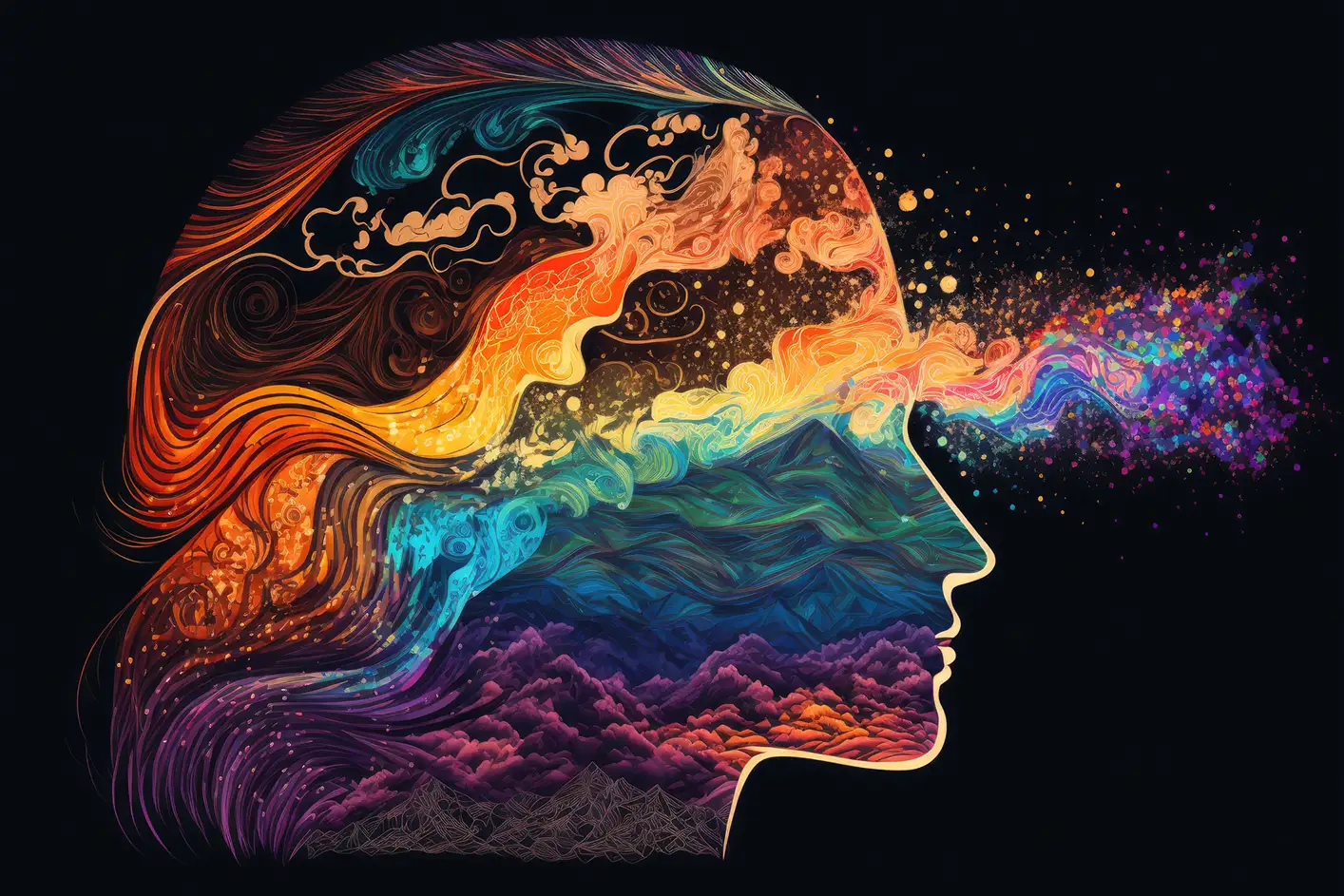Charles Maddix, APRN, MSN, PMHNP-BC
Mar 31, 2023
Ketamine is a medication that is used for pain management and anesthesia. However, it has recently been found to be an effective treatment for depression, anxiety, and other mental health disorders. Ketamine infusion therapy is becoming more and more popular as a way to treat these conditions. For someone who has never experienced it, the idea of receiving a Ketamine infusion may seem daunting. In this article, we will explore what a Ketamine infusion feels like, based on personal accounts from those who have undergone the treatment.
Ketamine infusion therapy involves receiving a dose of Ketamine through an IV drip. The amount of Ketamine administered is carefully measured and monitored by medical professionals. During the infusion, patients are typically seated or lying down in a comfortable, quiet room. The infusion can last anywhere from 45 minutes to a few hours, depending on the dosage and the patient's individual needs.
The effects of Ketamine infusion therapy can vary from person to person. Some people report feeling a sense of euphoria or a "floating" sensation. Others describe feeling a dissociative state, where they feel disconnected from their body or surroundings. Many people also report feeling a sense of calm and relaxation.
One person who underwent Ketamine infusion therapy for depression and anxiety described the experience as follows: "I felt like I was floating on a cloud. My body felt weightless, and I was completely relaxed. I didn't feel anxious or depressed at all. It was like all of my worries just melted away."
Another individual who underwent Ketamine infusion therapy for chronic pain described feeling a "buzzing" sensation throughout their body. They reported feeling less pain and more energy after the treatment.
It's important to note that Ketamine infusion therapy is a medical treatment and should only be administered by qualified medical professionals. It's also important to follow the treatment plan prescribed by your healthcare provider and to discuss any concerns or questions you may have about the treatment.
In conclusion, Ketamine infusion therapy can feel different for everyone who undergoes it. Some people may feel a sense of euphoria or dissociation, while others may feel more relaxed and calm. If you are considering Ketamine infusion therapy but have questions, give us a call at (904) 877-1100 or talk to your provider.
References:
American Psychiatric Association. (2017). Ketamine for Treatment-Resistant Depression: The First Decade of Progress. Retrieved from https://www.psychiatry.org/File%20Library/Psychiatrists/Practice/Clinical%20Practice%20Guidelines/APA-Detailed-Ketamine-Depression-Guideline.pdf
Owen, A. (2019, September 26). What Does a Ketamine Infusion Feel Like? Retrieved from https://www.healthline.com/health/what-does-a-ketamine-infusion-feel-like
Schoenfeld, H. (2019, August 26). What It's Like to Get a Ketamine Infusion for Depression. Retrieved from https://www.self.com/story/ketamine-infusion-depression






